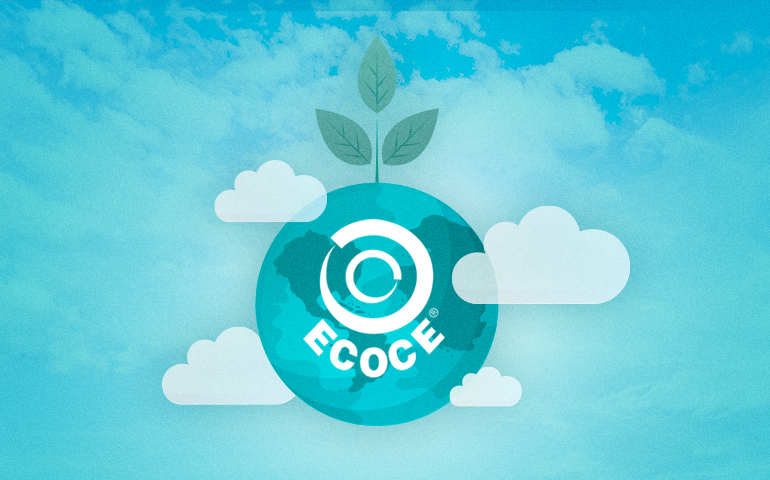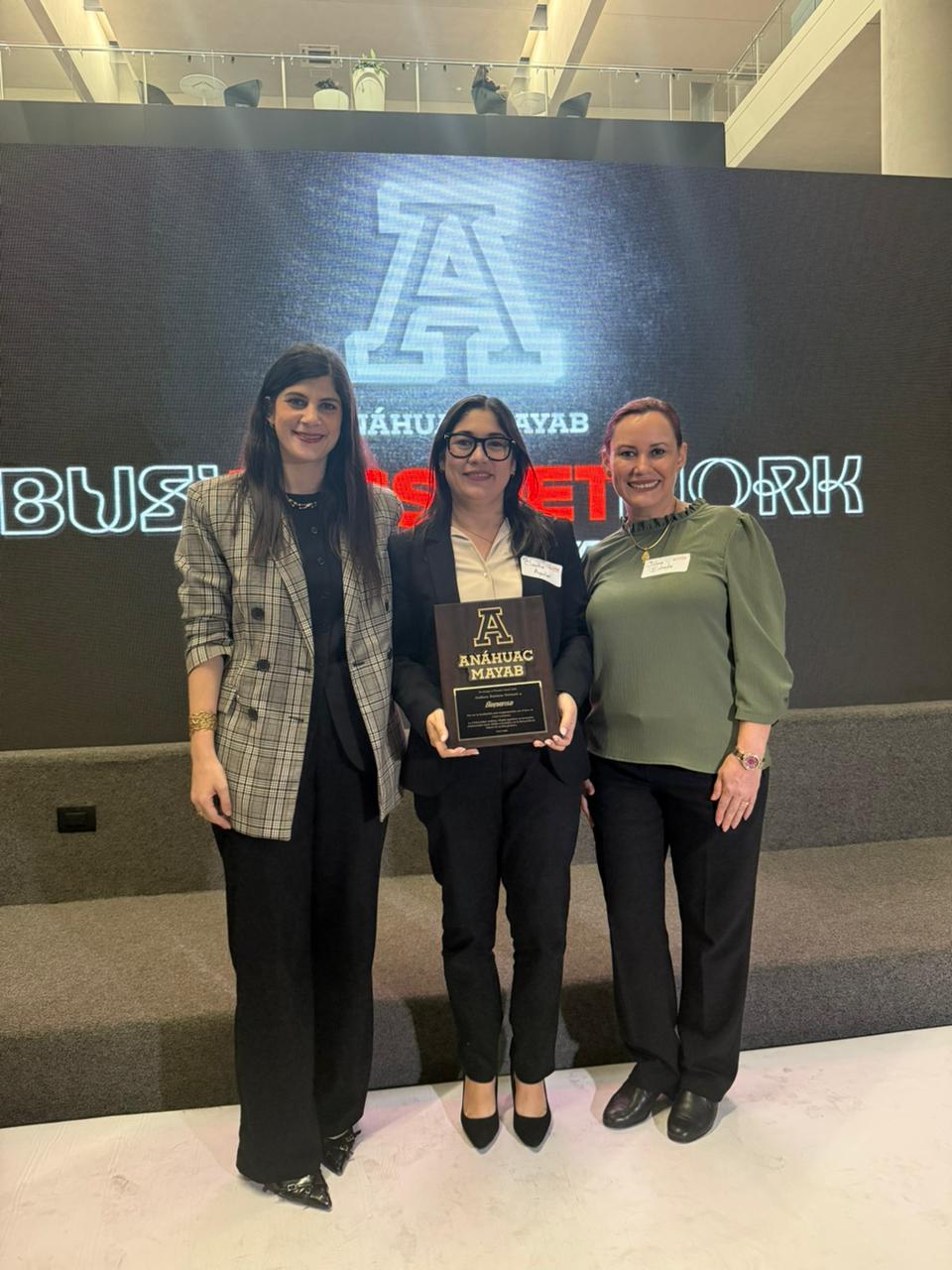There are many myths that have emerged about the impact of solid waste on cities and nature, as well as the importance of recycling. That's why we're sharing some of the environmental studies that have been conducted. Ecoce, a recycling partner of the Mexican Coca-Cola Industry and Bepensa, in its noble work to recover and incorporate solid waste into a circular economy as a sustainable solution.
Myth 1: “Plastic containers and packaging are the most polluting to our environment.”
Reality: Plastic has the lowest ecological footprint. Only 10.28% of the total municipal solid waste (MSW) generated in Mexico is plastic containers and packaging.
Myth 2: “Plastic containers and packaging are not hygienic.”
Reality: They meet the highest sanitary standards for safely storing food and beverages. Their recycling process is internationally regulated (FDA, EU, and MERCOSUR). They are the best material available today for preserving and distributing food and beverages.
Myth 3: “Plastic containers and packaging cannot be recycled.”
Reality: Their characteristics allow them to be 100% recycled. When recycled, they are used to produce new packaging and derivative products such as textiles, plastic lumber, hoses, flower pots, and pipes, among others. They can also be used to generate energy.
Myth 4: “Plastic containers and packaging are the same as single-use plastics.”
Reality: Plastic containers and packaging are not considered single-use because they are 100% reusable and 100% recyclable. Furthermore, recovery systems now provide value to the recycling industry.
Myth 5: “Recycling is useless”
Reality: Recycling prevents waste from entering the environment and allows our waste to be used to make new products, thereby saving on non-renewable raw materials.
As part of the Mexican Coca-Cola IndustryFor a world without waste, Bepensa joins ECOCE as a recycling partner in Educate to Recycle, as it is the key to reducing environmental impact.



